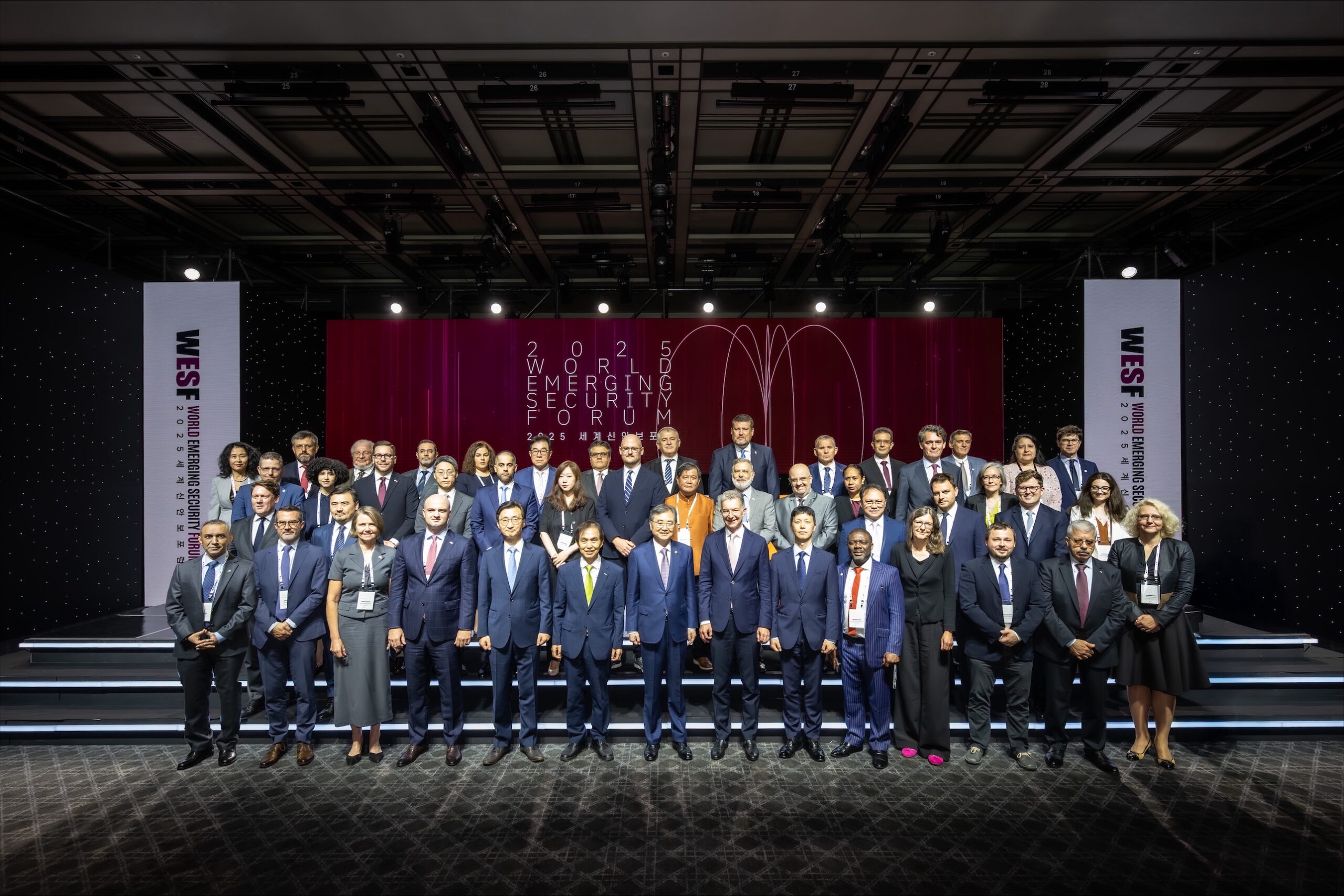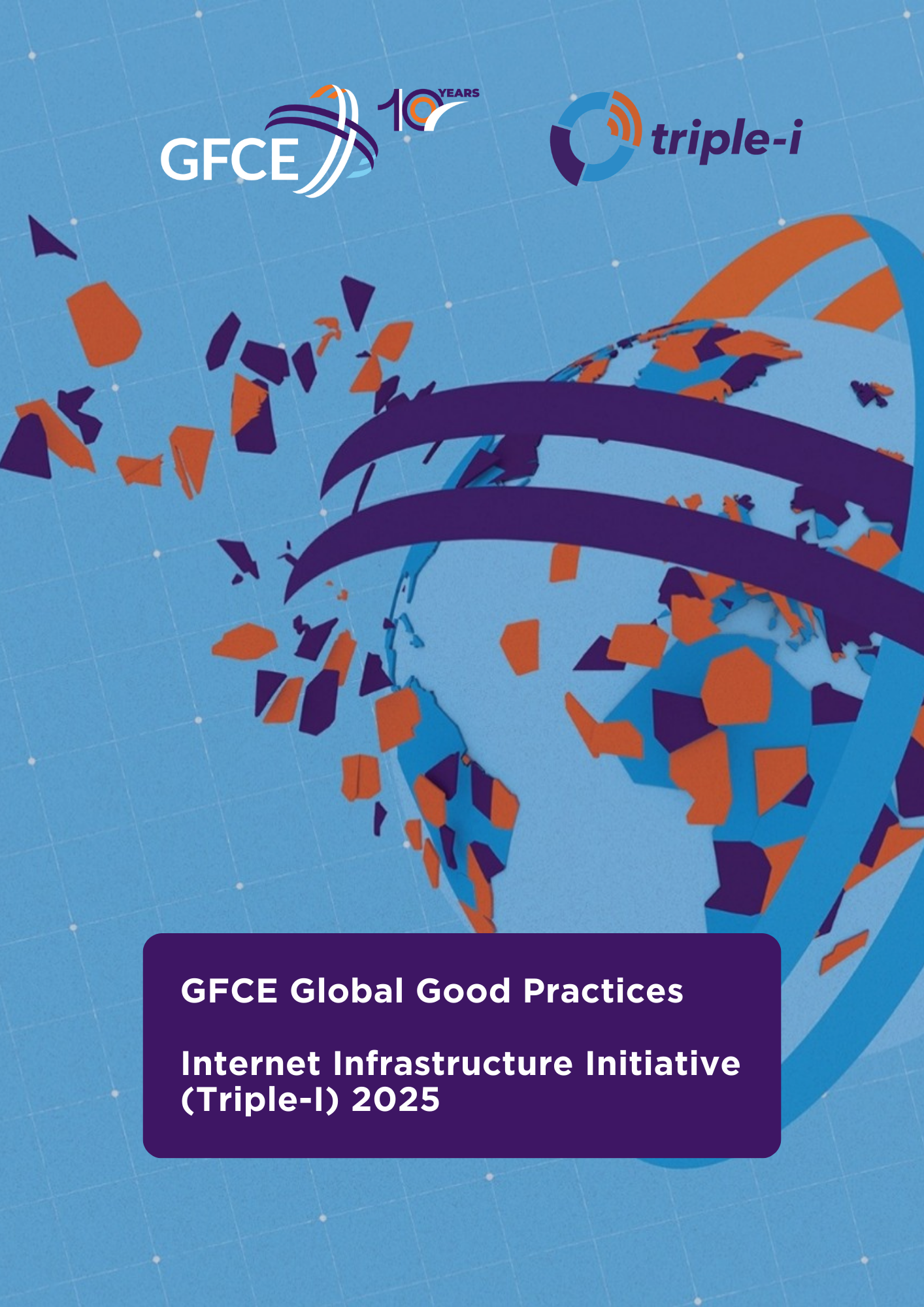Lately, organizations and individuals around the globe are forced to devote more of their time and resources to combatting issues related to cybercrime. Cybercrime affects the security and rights of individuals, strengthens transnational criminal organizations, puts at risk the critical infrastructure on which societies depend and, ultimately, it undermines essential the values of security, trust and confidence.
Recent months have shown a trend of increasing complexity, sophistication and implications of cyberattacks. In response, major tech corporations have announced plans to tackle cybercrime issues occurring on and through their platforms. NGOs and civil society organizations have been raising the alarm on human rights abuses whilst meticulously documenting and raising awareness of the harms that result from malicious code. In parallel, criminal justice authorities have made successful advances in infiltrating and pursuing organized crime, often times in cooperation with institutional and private sector partners.
These developments paint an increasingly clear picture: our increased reliance on technology and the interdependencies created by digitalized societies present a unique set of challenges. Concerted action is required from all sides to counter and prevent threats and vulnerabilities if we are to continue to benefit from the economic and societal value brought about by ICTs in recent decades.
In recognition of the deteriorating status quo, the UN General Assembly established an open-ended ad hoc intergovernmental committee of experts to elaborate a comprehensive international convention on countering cybercrime. This process builds on the intergovernmental group of experts, convened to conduct a comprehensive study of the problem of cybercrime, as well as other efforts at establishing a guideline and framework for international cooperation against cybercrime, such as the Budapest Convention.
While renewed institutional dialogue is an important indicator of the need and galvanizing factor for widespread international agreement on what needs to be done, two pertinent issues remain: limited multistakeholder outreach and engagement in international processes, and a lack of consensus on how to coordinate the various dimensions of capacity building and related activities aimed at tackling cybercrime.
It is imperative that ongoing and future discussions continue to confirm that capacity building is a prerequisite to tackling cybercrime. Although capacity building receives widespread support, there is less understanding on the most effective approaches. This issue is made more pertinent by the increasing complexity and sophistication of cybercrime. Additionally, discussions need to occur between a multiplicity of stakeholders rather than in silos. Without a variety of perspectives on how cybercrime is impacting societies, understanding and raising awareness of the scale of the problems will remain elusive. In terms of solutions, in cyberspace, action from one stakeholder group frequently affects or requires input from another. It is thus imperative that we all work together on an equal footing.
As an international multistakeholder community, the GFCE is uniquely positioned to hold cross-cutting discussions with the view of reaching consensus and coordination of efforts. This is why the GFCE has initiated a Cybercrime Series, under its Working Group on Cybercrime.
Building on the richness of expertise and knowledge of GFCE Members and Partners, the GFCE Cybercrime Series aims to paint a picture of how cybercrime is evolving from various perspectives by exploring the main challenges it poses, as well as responses of policymakers and other stakeholders. Ultimately, the series aims to begin setting a capacity building agenda for tackling cybercrime. Beginning in September 2021, the first workshop in this series will look at the global context and cybercrime landscape. Expanding on the insights and discussions shared here, the Series will then move on to dive deeper into additional topics as identified and prioritized by the group.
If you would like to learn more about the Cybercrime Series or understand how you can become more involved in a specific session, please send us an email (contact@thegfce.org).


